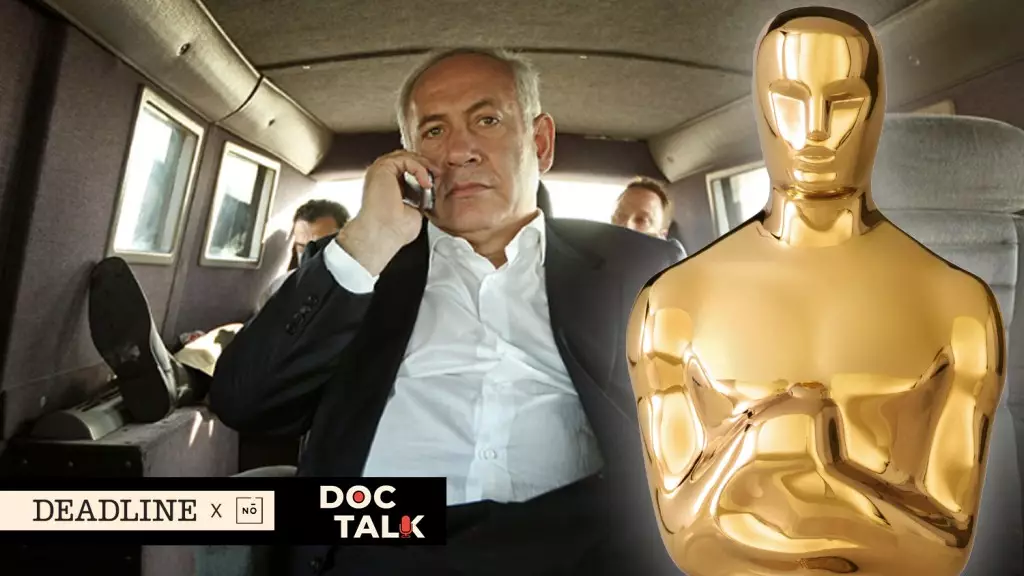The race for the Oscars is underway, and the competition in the documentary category has reached a crucial juncture. A staggering reduction has taken place, transforming a vast pool of 169 submissions into a mere 15 contenders vying for the coveted nomination. This pivotal moment is marked not only by the excitement of those who remain in the running but also by the profound disappointment felt by many filmmakers whose works have been left on the cutting room floor. This annual culling sparks passionate discussions across the industry, raising questions about the impartiality and preferences of the Academy’s Documentary Branch members.
During a special episode of the Doc Talk podcast, hosted by Oscar-winning writer and director John Ridley alongside documentary editor Matt Carey, the discourse around the shortlist focused heavily on both the astonishing omissions and unexpected inclusions. A significant highlight was a film chronicling the remarkable comeback of an iconic Hollywood figure following a near-fatal accident—a documentary widely praised by critics but snubbed by the Academy. This snub reflects not only the unpredictable nature of awards season but also indicates that even highly regarded films can fall victim to subjective tastes.
On the flip side, the inclusion of a documentary taking a sharp critical stance against Israeli Prime Minister Benjamin Netanyahu raised eyebrows. The controversy surrounding this film is amplified by Netanyahu’s lawsuit aimed at preventing its informal premiere at the Toronto Film Festival. Despite its lack of U.S. distribution, this documentary’s placement on the Oscar shortlist indicates a willingness by voters to embrace contentious subjects that resonate on a global scale, suggesting that the Academy is becoming more open to diverse perspectives.
Interestingly, several films that lack domestic distribution have found a spot on this year’s shortlist, challenging the traditional notion that successful distribution is synonymous with prestigious recognition. Among those celebrating are members of major streaming platforms like Netflix. Ridley expressed particular excitement over one Netflix documentary’s shortlist success. However, he couldn’t resist voicing his disappointment regarding a notable absence he deemed unforgivable—emphasizing that even within the documentary branch, opinions can differ widely.
As the conversation turned towards documentary shorts, another layer of talent was showcased. With the list narrowed down to 15 projects, some notable co-directorial works were highlighted, including one by actress Rashida Jones and another from a director celebrated for her documentary on Justice Ruth Bader Ginsburg. This diversity of filmmakers and narratives indicates an evolving landscape in documentary storytelling that not only seeks to capture significant events but also personal stories, pushing the boundaries of the medium.
This Oscar season is set to be one of both celebration and contention within the documentary realm. As filmmakers, critics, and audiences dissect the shortlist, it is clear that the battle for recognition is indeed fierce, raising essential discussions about representation, access, and the true essence of storytelling in today’s world.

